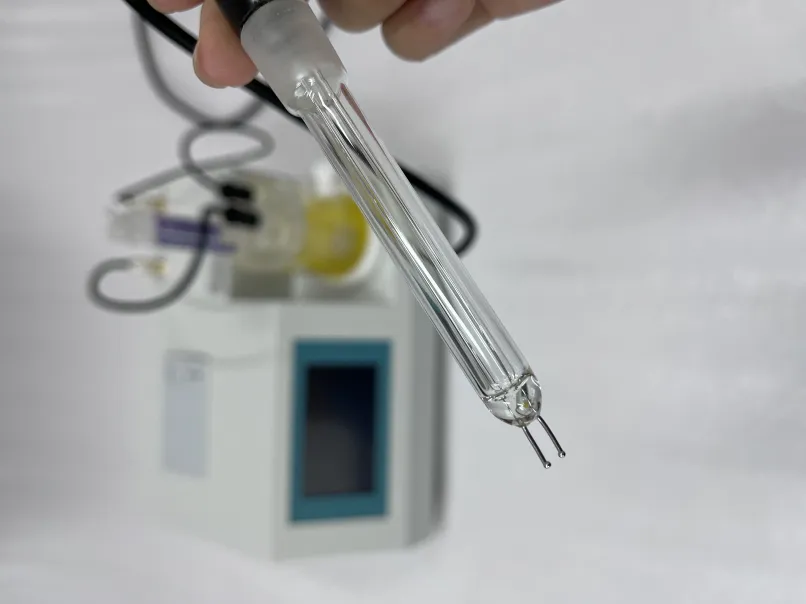 English
English



-
 Afrikaans
Afrikaans -
 Albanian
Albanian -
 Amharic
Amharic -
 Arabic
Arabic -
 Armenian
Armenian -
 Azerbaijani
Azerbaijani -
 Basque
Basque -
 Belarusian
Belarusian -
 Bengali
Bengali -
 Bosnian
Bosnian -
 Bulgarian
Bulgarian -
 Catalan
Catalan -
 Cebuano
Cebuano -
 China
China -
 China (Taiwan)
China (Taiwan) -
 Corsican
Corsican -
 Croatian
Croatian -
 Czech
Czech -
 Danish
Danish -
 Dutch
Dutch -
 English
English -
 Esperanto
Esperanto -
 Estonian
Estonian -
 Finnish
Finnish -
 French
French -
 Frisian
Frisian -
 Galician
Galician -
 Georgian
Georgian -
 German
German -
 Greek
Greek -
 Gujarati
Gujarati -
 Haitian Creole
Haitian Creole -
 hausa
hausa -
 hawaiian
hawaiian -
 Hebrew
Hebrew -
 Hindi
Hindi -
 Miao
Miao -
 Hungarian
Hungarian -
 Icelandic
Icelandic -
 igbo
igbo -
 Indonesian
Indonesian -
 irish
irish -
 Italian
Italian -
 Japanese
Japanese -
 Javanese
Javanese -
 Kannada
Kannada -
 kazakh
kazakh -
 Khmer
Khmer -
 Rwandese
Rwandese -
 Korean
Korean -
 Kurdish
Kurdish -
 Kyrgyz
Kyrgyz -
 Lao
Lao -
 Latin
Latin -
 Latvian
Latvian -
 Lithuanian
Lithuanian -
 Luxembourgish
Luxembourgish -
 Macedonian
Macedonian -
 Malgashi
Malgashi -
 Malay
Malay -
 Malayalam
Malayalam -
 Maltese
Maltese -
 Maori
Maori -
 Marathi
Marathi -
 Mongolian
Mongolian -
 Myanmar
Myanmar -
 Nepali
Nepali -
 Norwegian
Norwegian -
 Norwegian
Norwegian -
 Occitan
Occitan -
 Pashto
Pashto -
 Persian
Persian -
 Polish
Polish -
 Portuguese
Portuguese -
 Punjabi
Punjabi -
 Romanian
Romanian -
 Russian
Russian -
 Samoan
Samoan -
 Scottish Gaelic
Scottish Gaelic -
 Serbian
Serbian -
 Sesotho
Sesotho -
 Shona
Shona -
 Sindhi
Sindhi -
 Sinhala
Sinhala -
 Slovak
Slovak -
 Slovenian
Slovenian -
 Somali
Somali -
 Spanish
Spanish -
 Sundanese
Sundanese -
 Swahili
Swahili -
 Swedish
Swedish -
 Tagalog
Tagalog -
 Tajik
Tajik -
 Tamil
Tamil -
 Tatar
Tatar -
 Telugu
Telugu -
 Thai
Thai -
 Turkish
Turkish -
 Turkmen
Turkmen -
 Ukrainian
Ukrainian -
 Urdu
Urdu -
 Uighur
Uighur -
 Uzbek
Uzbek -
 Vietnamese
Vietnamese -
 Welsh
Welsh -
 Bantu
Bantu -
 Yiddish
Yiddish -
 Yoruba
Yoruba -
 Zulu
Zulu
dielectric loss tester
Understanding Dielectric Loss Testers Principle and Importance
In the field of electrical engineering and materials science, dielectric loss testers play a crucial role in evaluating the electrical insulation properties of materials. These instruments measure dielectric loss, a phenomenon where energy in an alternating electric field is converted into heat within an insulating material. Understanding dielectric loss is vital for ensuring the reliability and longevity of electrical equipment, especially in high-voltage applications.
What is Dielectric Loss?
Dielectric loss refers to the energy dissipation that occurs when an alternating electric field is applied to a dielectric material. When AC voltage is applied, the polar molecules within the dielectric are set in motion, creating a lag between the applied electric field and the material's polarization response. This lag leads to an energy dissipation as heat, quantified by the dielectric loss factor (often represented as the tangent of the loss angle, or tan δ). A high dielectric loss indicates poor insulation and potential breakdown in electrical applications.
The Function of Dielectric Loss Testers
Dielectric loss testers are specialized devices designed to measure this loss in insulation systems. They often work by applying a high-voltage AC signal to the tested material while simultaneously measuring the resultant current. The ratio of the current (representing dielectric loss) to the voltage provides insights into the quality of the dielectric material.
There are generally two types of dielectric loss testers manual and automatic. Manual testers require the operator to monitor the readings and interpret the results, while automatic testers facilitate data collection and analysis, often integrating software for more sophisticated evaluations.
Key Applications
Dielectric loss testers are indispensable in various industries, including
1. Power Generation and Transmission High-voltage insulators are crucial in power plants and substations to prevent electrical leakage. Testing these insulators ensures their integrity and functionality under operating conditions.
dielectric loss tester

2. Manufacturing In the production of capacitors and transformers, dielectric loss testing can help manufacturers maintain quality control by identifying material defects or inconsistencies.
3. Research and Development Materials scientists use dielectric loss testers to study the behavior of new insulating materials, enhancing the performance of future electrical components.
4. Preventive Maintenance Regular dielectric testing can help identify potential failures in electrical equipment before they become critical, thereby reducing downtime and maintenance costs.
Benefits of Dielectric Loss Testing
1. Enhanced Safety By assessing insulation quality, dielectric loss testers help mitigate the risk of electrical faults that could lead to fires or equipment damage.
2. Cost Efficiency Early detection of insulation weaknesses can save significant repair costs and prolong the lifespan of electrical equipment.
3. Improved Reliability Ensuring the integrity of insulation materials leads to more reliable operation of electrical systems, which is crucial for industries where power consistency is paramount.
4. Compliance and Standards Many industries are subject to strict regulations regarding insulation properties, and dielectric loss testing is a critical part of approving compliance with these standards.
Conclusion
In summary, dielectric loss testers are essential tools for maintaining the integrity and performance of electrical insulation systems. By providing valuable insights into the dielectric properties of materials, they contribute to safer and more efficient electrical networks. As technology advances, the design and functionality of these testers continue to evolve, maximizing their effectiveness in various industrial applications. Understanding and leveraging dielectric loss testing can significantly impact the reliability and safety of electrical systems in an increasingly electrified world.
-
Testing Equipment Industry Sees Major Advancements in 2025: Smart & Precision Technologies Lead the WayNewsJun.06,2025
-
Applications of Direct Current Generators in Renewable Energy SystemsNewsJun.05,2025
-
Hipot Tester Calibration and Accuracy GuidelinesNewsJun.05,2025
-
Digital Circuit Breaker Analyzer Features and BenefitsNewsJun.05,2025
-
Benefits of Real-Time Power Quality Monitoring Devices for Industrial EfficiencyNewsJun.05,2025
-
Earth Fault Loop Testing in High-Rise Building Electrical SystemsNewsJun.05,2025



